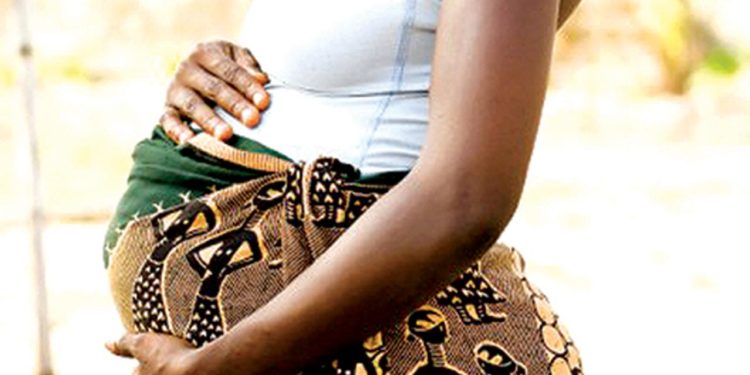In a bid to combat Nigeria’s worsening rural health crisis, Equitable Medicaid and Clinical Research (EMCR) has secured a 1,120-square-foot plot in Ogodo, along Egbeche Road in Kogi State’s Ankpa local government area, to establish a charitable hospital.
The facility aims to reduce preventable deaths, maternal mortality, and disease outbreaks in underserved communities.
Public health advocates Etubi Joy Ojochogwu and Kadiri Ugbede-Ojo Dominic spearhead the initiative, addressing what the World Health Organisation (WHO) calls a “devastating inequity” in healthcare access across Sub-Saharan Africa.
Nigeria accounts for nearly 20% of global maternal deaths, with WHO data showing that 814 women die per 100,000 live births—far exceeding the global average of 211. Child mortality is equally alarming: 1 in 8 Nigerian children dies before the age of five, often from preventable diseases like malaria, pneumonia, or diarrhoea, according to UNICEF.
In Kogi State, fewer than 3% of health facilities provide basic emergency obstetric care, forcing villagers to travel long distances—often on foot or by motorcycle—to seek medical help.
“This hospital isn’t just a building; it’s a rebellion against neglect. When a woman bleeds out during childbirth because there’s no doctor or blood bank, that’s not just a tragedy—it’s a policy failure,” said nurse-turned-advocate Etubi Joy Ojochogwu.
The initiative comes amid global health funding cuts. The U.S. previously froze $3 billion in aid under the Trump administration, impacting programmes combating HIV/AIDS, tuberculosis (TB), and malaria—diseases that remain major threats in Nigeria.
In 2022 alone, Nigeria recorded 572,000 TB cases, one of the highest burdens worldwide, according to WHO.
“Cuts in global aid created a domino effect—clinics lost supplies, health workers went unpaid, and communities lost trust,” said Kogi-based epidemiologist Dr. Peter Salisu.
To bridge this gap, the hospital will operate on a hybrid funding model: a “care now, pay if you can” system ensuring free treatment for those unable to afford medical services, while nominal fees from other patients will help sustain operations.
Construction and equipment costs will rely on crowdfunding, private donations, and personal investments from the founders.
The hospital will feature a maternity wing, Intensive Care Unit (ICU), pediatric unit, and a laboratory for diagnosing infectious diseases. Its strategic location along Egbeche Road serves multiple underserved villages, including Emanyi, Egbeche, Akwu, Ojuwo, Acharane, and Enale.
For villagers like Aisha Ibrahim, 34, who lost two children to malaria and a sister to postpartum haemorrhage, the project offers hope.
“We pray this place comes fast. Now, we bury too many,” she said.
Co-founder and health informatics officer Kadiri Ugbede-Ojo Dominic emphasised transparency: “Every dollar reinvested here stays here. We’re building for generations, not for profit.”
He underscored the broader implications: “A health crisis in Ogodo today can become Lagos’ problem tomorrow, and the world’s the day after. Viruses don’t carry passports. Global health security depends on equitable local action.”



